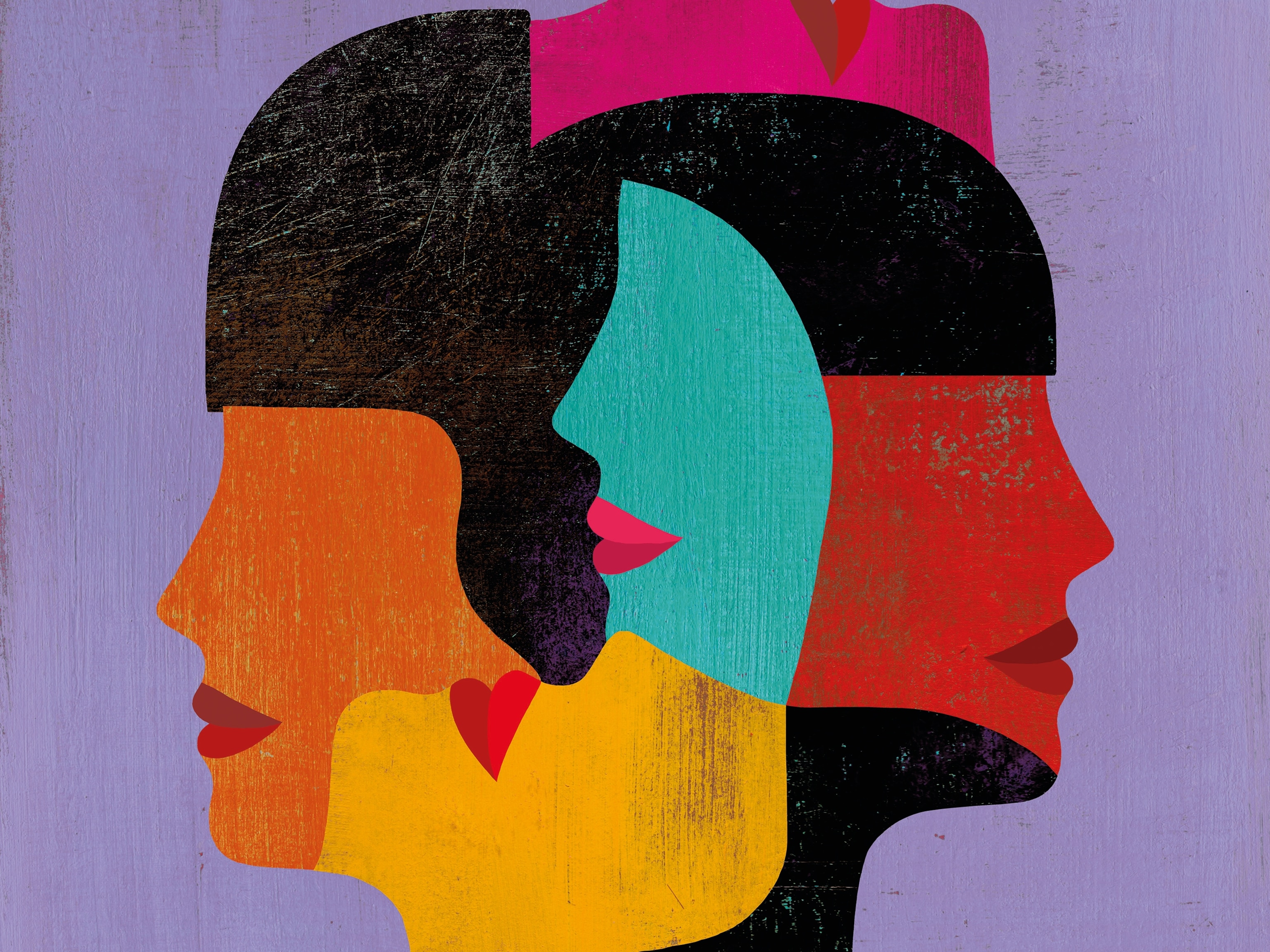Why love and touch were once called ‘dangerous’ and how science proved that wrong in the 1950s
A series of now-infamous monkey experiments pushed the scientific community to acknowledge the importance of love and touch.
Believe it or not, there was a period in the early 20th century when psychologists adamantly warned parents against cuddling their own children. Simple acts of affection, like picking up a crying baby to comfort them or showering them in hugs and kisses, were lambasted as unnecessary and detrimental to a child's cognitive development. A 1928 book by leading behavioral psychologist John Watson even said that "mother love is a dangerous instrument" that would lead children to unhappiness in adulthood.
This frame of mind would prevail for many decades even as a few individuals began to speak out about the observable consequences. It would take a psychologist named Harry Harlow, conducting controversial and cruel experiments on baby monkeys in the late 1950s, to shake up the psychological community and help inspire a shift to scientifically acknowledge the importance of love and touch to human health.
Dive deep into the world of animals, science, and natural history in our original video series Nat Geo Explores.




